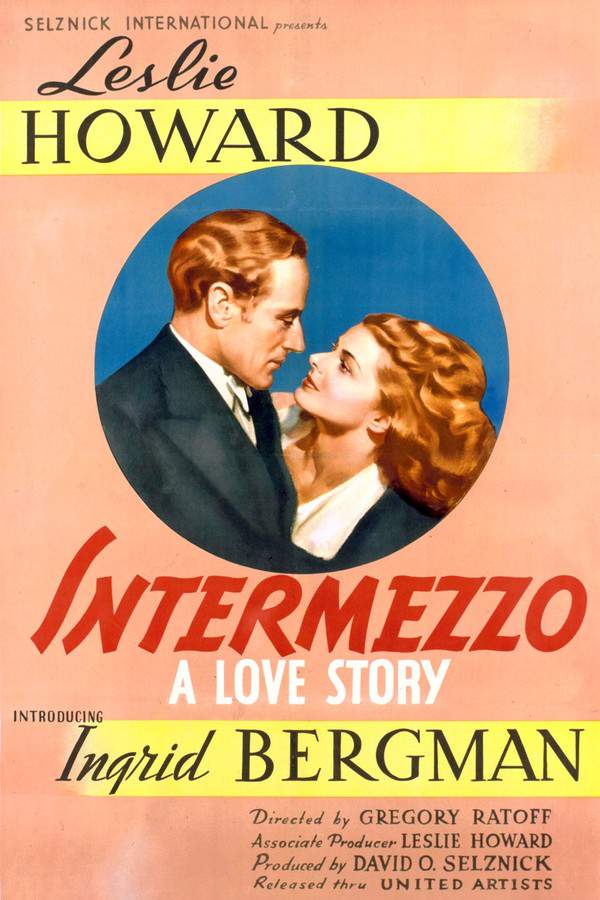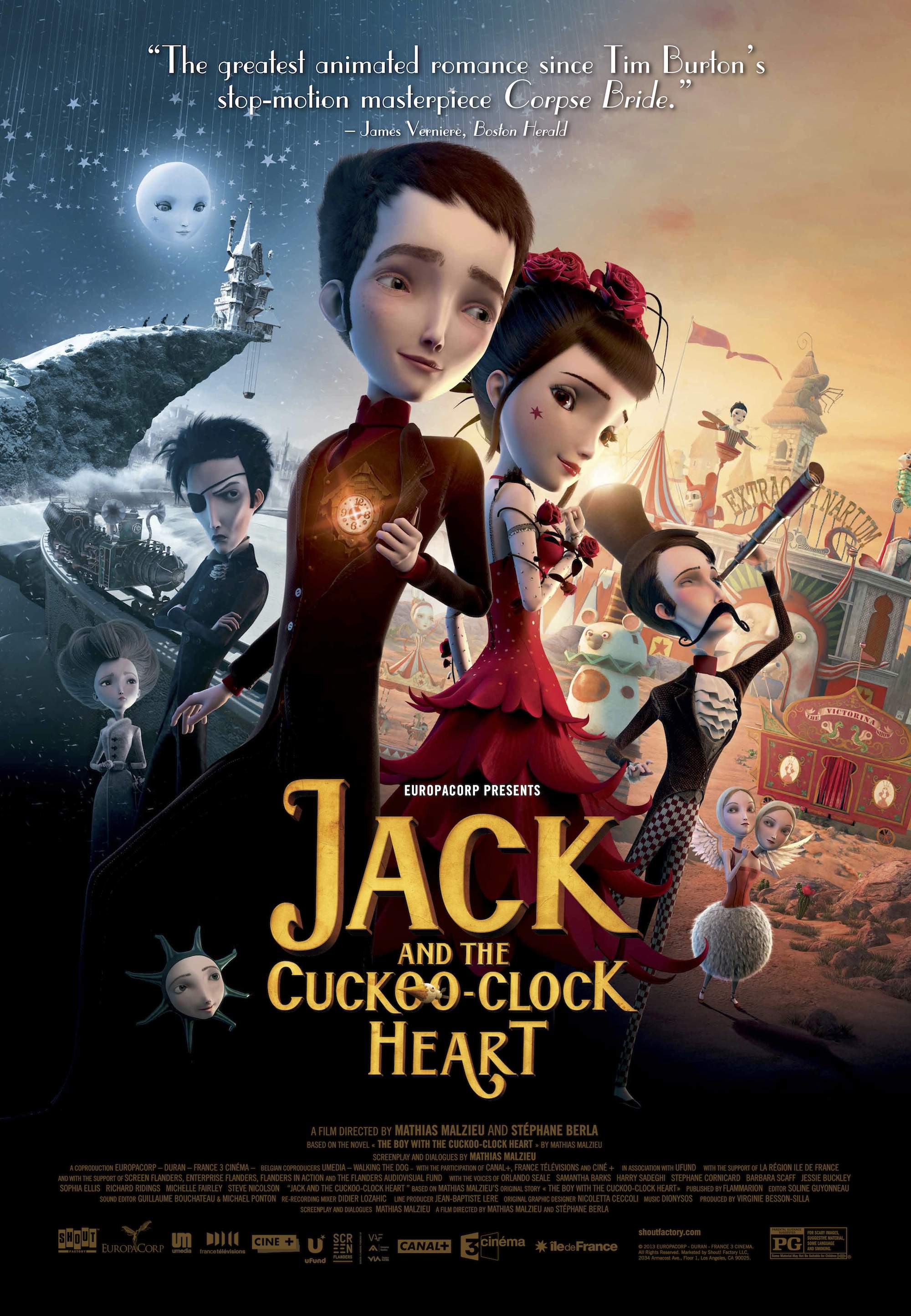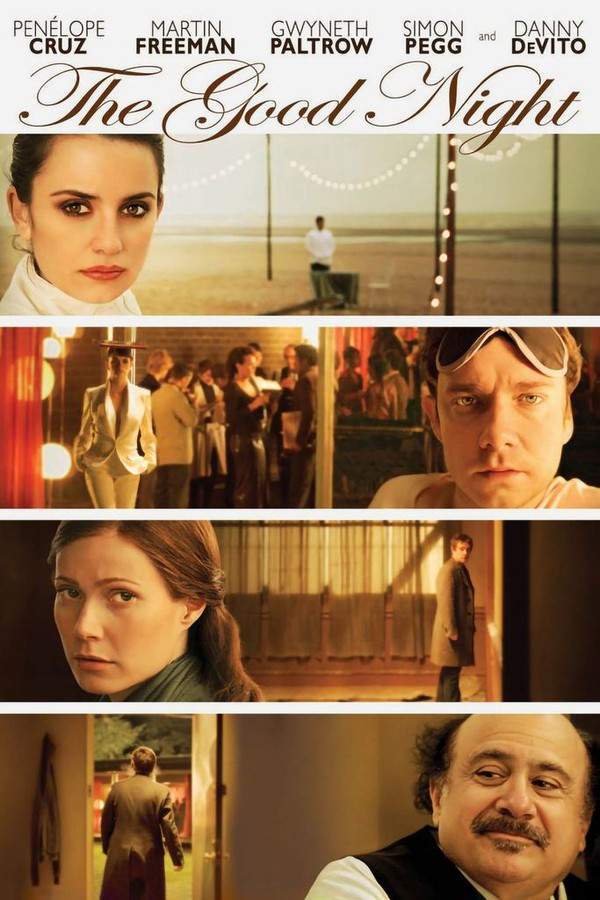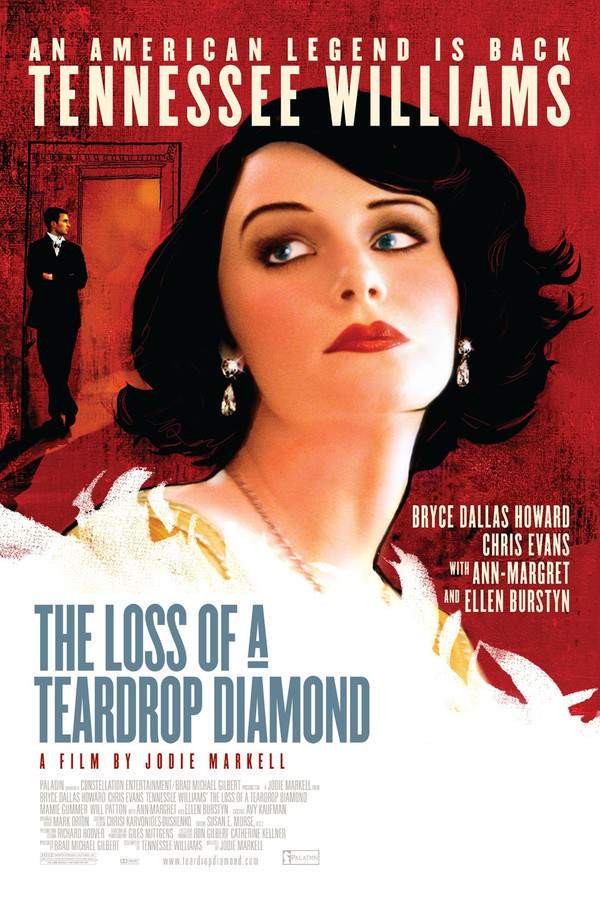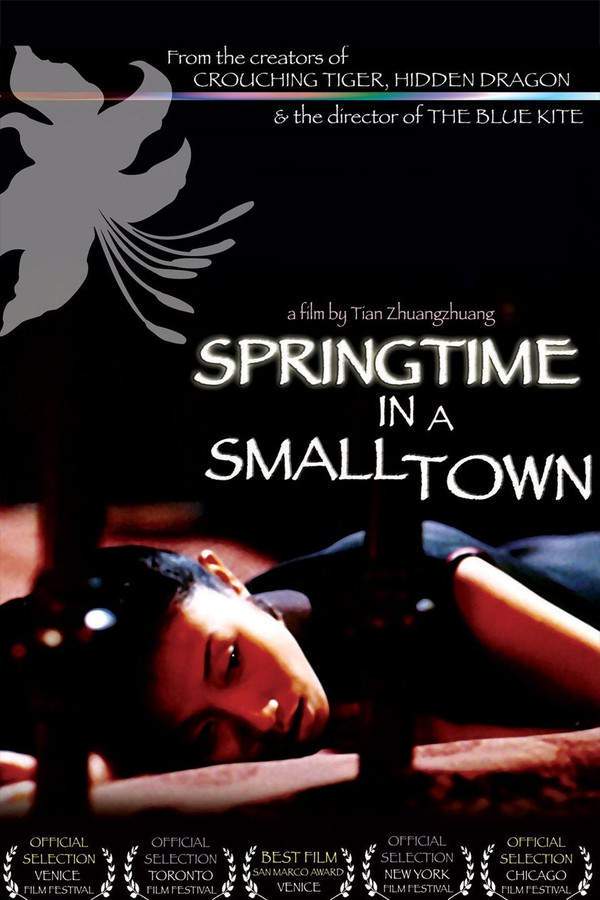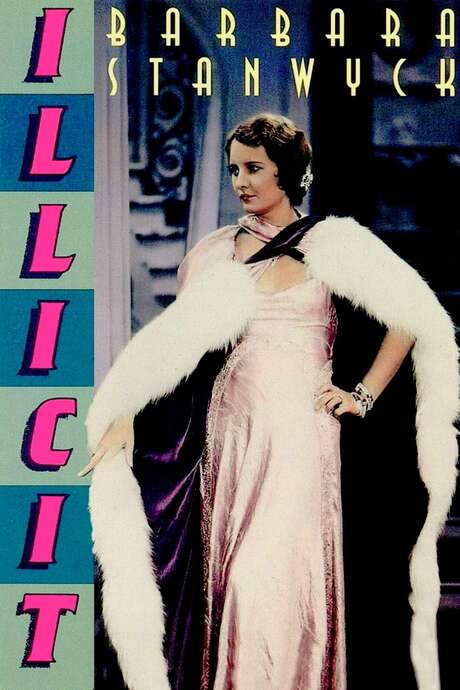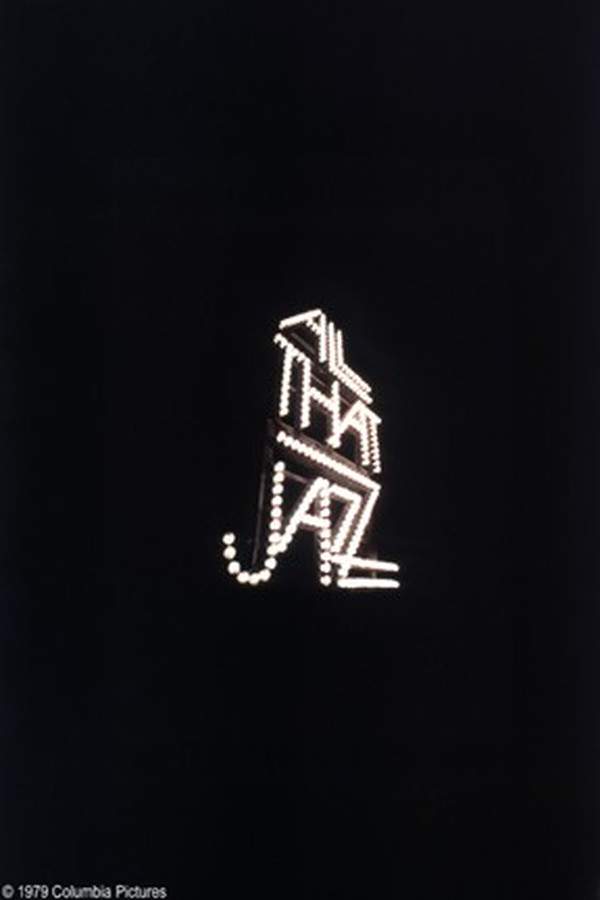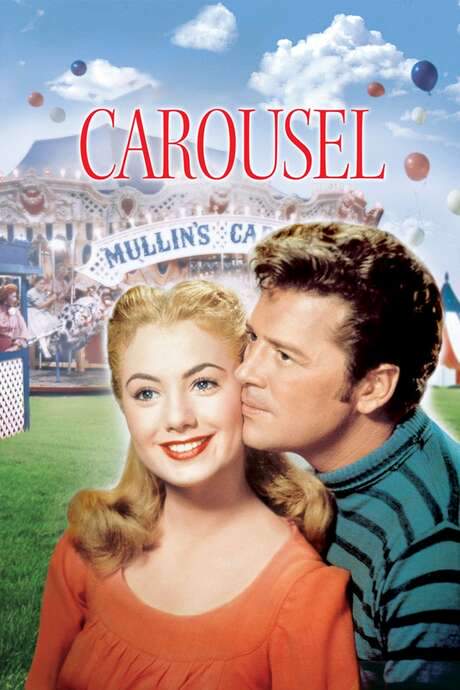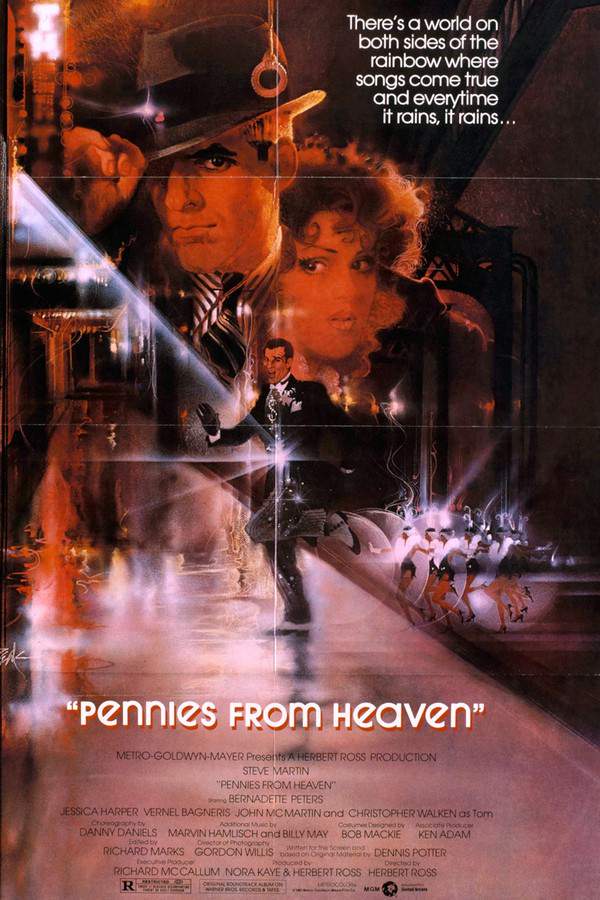
Pennies from Heaven
Year: 1982
Runtime: 108 min
Language: English
Director: Herbert Ross
During the Depression era, sheet-music salesman Arthur Parker seeks to build a stable life with his wife, Clara. He finds temporary respite from his financial worries and emotional struggles through a passionate affair with a captivating schoolteacher named Eileen. Their connection offers a brief escape, but their fragile happiness is challenged by the hardships of the time and the complexities of Arthur's commitments. Stylized musical sequences provide a poignant counterpoint to the characters' turbulent lives.
Warning: spoilers below!
Haven’t seen Pennies from Heaven yet? This summary contains major spoilers. Bookmark the page, watch the movie, and come back for the full breakdown. If you're ready, scroll on and relive the story!
Pennies from Heaven (1982) – Full Plot Summary & Ending Explained
Read the complete plot breakdown of Pennies from Heaven (1982), including all key story events, major twists, and the ending explained in detail. Discover what really happened—and what it all means.
As the film opens, the audience is greeted by the melancholic tones of “The Clouds Will Soon Roll By,” a fittingly somber song reflecting the hardships of the Great Depression, as rain pours down over 1934 Chicago. The narrative begins with Arthur Parker, portrayed by Steve Martin, being rudely awakened by an alarm clock. In his attempt to rekindle some intimacy with his wife Joan, played by Jessica Harper, he is met with rejection as she turns him down, revealing her disinterest in their relationship. This leaves Arthur frustrated by both his wife’s coldness toward sex and her refusal to assist him financially in his dream of opening a sheet music store.
Determined, Arthur storms out of the house, vowing never to return. At the bank, he attempts to secure a loan from the banker, Mr. Perkins, a role played by Jay Garner, to help fund his aspirations. Unfortunately, lacking collateral, his request is declined. In these moments of disappointment, Arthur finds solace in elaborate musical fantasies, escaping reality through joyous song-and-dance sequences reminiscent of Busby Berkeley. A standout scene features Arthur and the banker lip-syncing “Yes, Yes! (My Baby Said Yes),” accompanied by an enchanting chorus line of dancers, creating a kaleidoscope of movement and sound that symbolizes Arthur’s dreams.
As the story progresses, Arthur encounters a hitchhiker known as the Accordion Man, portrayed by Vernel Bagneris. Arthur’s journey continues to unravel when he meets Eileen, a bashful school teacher played by Bernadette Peters, while selling sheet music at Barrett’s Music Shop. He is immediately captivated, singing a tender tune, “Did You Ever See a Dream Walking?” which transforms her into a more glamorous version of herself for a delightful tap dance routine. However, Eileen remains aloof, leaving Arthur longing for more than just a fleeting connection.
Following this brief encounter, Arthur shares a meal with the Accordion Man, and we watch as reality blurs with fantasy once more. In a whimsical sequence, Arthur imagines the walls of a diner dissolving away as he dances to “Pennies from Heaven,” symbolizing his hope amidst the downpour of life’s struggles. Arthur’s affection for Eileen grows, and he seeks her out, only to stumble into the complexities of love and desire.
Arthur’s life becomes a whirlwind of surreal escapism, punctuated by moments of stark reality, as she faces the repercussions of her pregnancy. He finds himself running a struggling record shop, drowning in disappointment as Eileen’s life begins to spiral, culminating in her drastic decision to sell herself to survive. Amidst the chaos, Arthur finds he’s entangled in a web of moral ambiguity and betrayal, as he struggles to reconcile his obligations to Joan with his intense feelings for Eileen.
At a pivotal moment, the film hints at a darker turn when Arthur discovers the fallout of his actions coinciding with violent events outside his control. While grappling with betrayal and tragedy, he fights for redemption, vowing to change after witnessing the horrific aftermath of a crime linked to his chaotic life. In a moment suspended between hope and despair, Arthur expresses anger and desperation but ultimately wraps himself in a world of upbeat numbers, transitioning from tragic to comedic, encapsulated by the song “Life Is Just a Bowl of Cherries.”
The culmination of Arthur’s journey leads him to face the music—a metaphor for the choices he’s made. As the narrative weaves through trials and tribulations, Arthur and Eileen slip into fantastical sequences that bridge the gap between illusion and reality. At a critical juncture, Arthur’s conviction for murder resonates as he faces the gallows, reflecting on the dreams that led him astray. He quotes lyrics from “Pennies from Heaven” with a poignant sincerity, reminding viewers of the thin line between reality and fantasy.
In a climactic finale, Arthur defies the expectations of his fate, declaring, > “Whoever said you could stop a dream? We couldn’t go through all that without a happy ending.” This moment transitions into an exuberant closing number, “The Glory of Love,” with vibrant choreography, and a symbolic rainbow emerging, signifying hope amidst despair. The film concludes with echoes of “Pennies from Heaven” and “Love Is Good For Anything That Ails You,” enveloping the audience in a delightful musical embrace as they ponder life’s unpredictable journey.
Last Updated: May 26, 2025 at 22:02
Explore Movie Threads
Discover curated groups of movies connected by mood, themes, and story style. Browse collections built around emotion, atmosphere, and narrative focus to easily find films that match what you feel like watching right now.
Movies where characters escape harsh reality through song like Pennies from Heaven
Films where characters flee bleak lives through hopeful fantasy and song.Discover films similar to Pennies from Heaven, where characters use musical fantasy as an escape from a difficult world. If you enjoyed the contrast between bleak reality and hopeful dreams, you'll find more stories with this bittersweet, escapist feel.
Narrative Summary
Stories in this thread typically follow characters trapped in oppressive circumstances—economic hardship, personal despair, or social constraints—who find temporary relief through fantasy. The narrative structure alternates between the harshness of reality and the cathartic release of musical or fantastical sequences, often leading to a conclusion that acknowledges the power of hope even if the reality remains challenging.
Why These Movies?
These films are grouped together because they share a unique blend of a somber, realistic backdrop with bursts of stylized, often joyful, fantasy. They explore the universal theme of using imagination as a coping mechanism, creating a specific emotional rhythm that balances sadness with moments of pure, wistful escape.
Bittersweet Depression-era stories with complex characters like Pennies from Heaven
Emotional stories set against the backdrop of economic and personal ruin.Find more movies like Pennies from Heaven that capture the mood of the Great Depression. These films share a melancholic tone, thematic focus on financial and marital strife, and a bittersweet emotional resolution, perfect for viewers who appreciate historically-grounded dramas.
Narrative Summary
The narrative pattern involves ordinary people grappling with the immense external pressure of economic collapse, which exacerbates internal conflicts like marital strife and moral compromise. The journey is often one of quiet desperation, with characters seeking connection and meaning in a world that offers little hope, culminating in endings that are rarely purely happy but acknowledge the resilience of the human spirit.
Why These Movies?
These movies are connected by their specific historical setting and the resulting emotional tone. The Great Depression acts as more than a backdrop; it is a central force that shapes the characters' decisions and the film's pervasive mood of melancholic struggle, making the moments of romance or hope feel especially fragile and significant.
Unlock the Full Story of Pennies from Heaven
Don't stop at just watching — explore Pennies from Heaven in full detail. From the complete plot summary and scene-by-scene timeline to character breakdowns, thematic analysis, and a deep dive into the ending — every page helps you truly understand what Pennies from Heaven is all about. Plus, discover what's next after the movie.
Pennies from Heaven Timeline
Track the full timeline of Pennies from Heaven with every major event arranged chronologically. Perfect for decoding non-linear storytelling, flashbacks, or parallel narratives with a clear scene-by-scene breakdown.

Characters, Settings & Themes in Pennies from Heaven
Discover the characters, locations, and core themes that shape Pennies from Heaven. Get insights into symbolic elements, setting significance, and deeper narrative meaning — ideal for thematic analysis and movie breakdowns.

Pennies from Heaven Spoiler-Free Summary
Get a quick, spoiler-free overview of Pennies from Heaven that covers the main plot points and key details without revealing any major twists or spoilers. Perfect for those who want to know what to expect before diving in.

More About Pennies from Heaven
Visit What's After the Movie to explore more about Pennies from Heaven: box office results, cast and crew info, production details, post-credit scenes, and external links — all in one place for movie fans and researchers.

Similar Movies to Pennies from Heaven
Discover movies like Pennies from Heaven that share similar genres, themes, and storytelling elements. Whether you’re drawn to the atmosphere, character arcs, or plot structure, these curated recommendations will help you explore more films you’ll love.
Explore More About Movie Pennies from Heaven
Pennies from Heaven (1982) Scene-by-Scene Movie Timeline
Pennies from Heaven (1982) Movie Characters, Themes & Settings
Pennies from Heaven (1982) Spoiler-Free Summary & Key Flow
Movies Like Pennies from Heaven – Similar Titles You’ll Enjoy
All That Jazz (1979) Full Summary & Key Details
Under the Cherry Moon (1986) Movie Recap & Themes
The Penny Promise (2001) Spoiler-Packed Plot Recap
The Sky Is Falling (2000) Full Movie Breakdown
Penny Serenade (1941) Detailed Story Recap
Look for the Silver Lining (1949) Detailed Story Recap
Me and My Gal (1932) Full Summary & Key Details
Tin Pan Alley (1940) Plot Summary & Ending Explained
Carousel (1956) Film Overview & Timeline
Ten Cents a Dance (1931) Movie Recap & Themes
Just Around the Corner (1938) Full Movie Breakdown
Pennies from Heaven (1936) Story Summary & Characters
Penny Princess (1952) Story Summary & Characters
Half a Sixpence (1967) Movie Recap & Themes
One-Penny Youth (1967) Movie Recap & Themes

